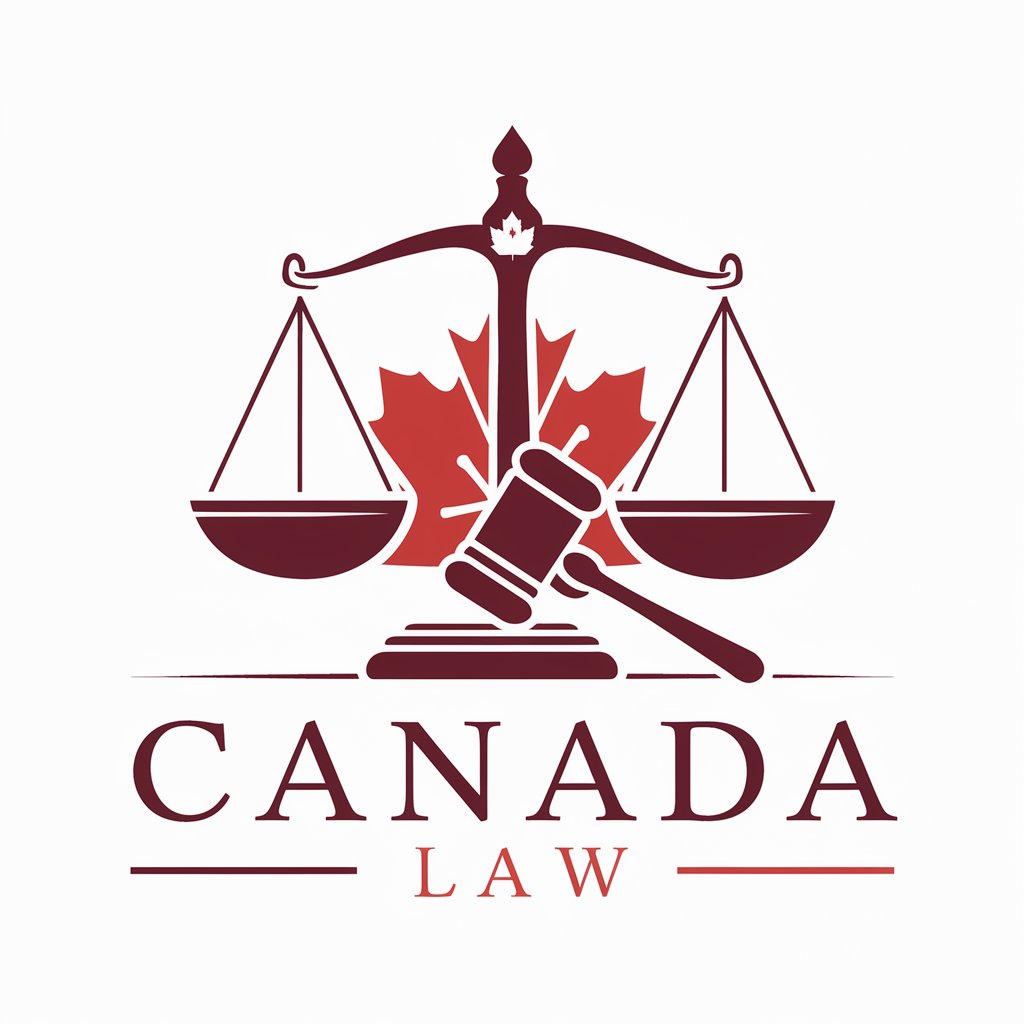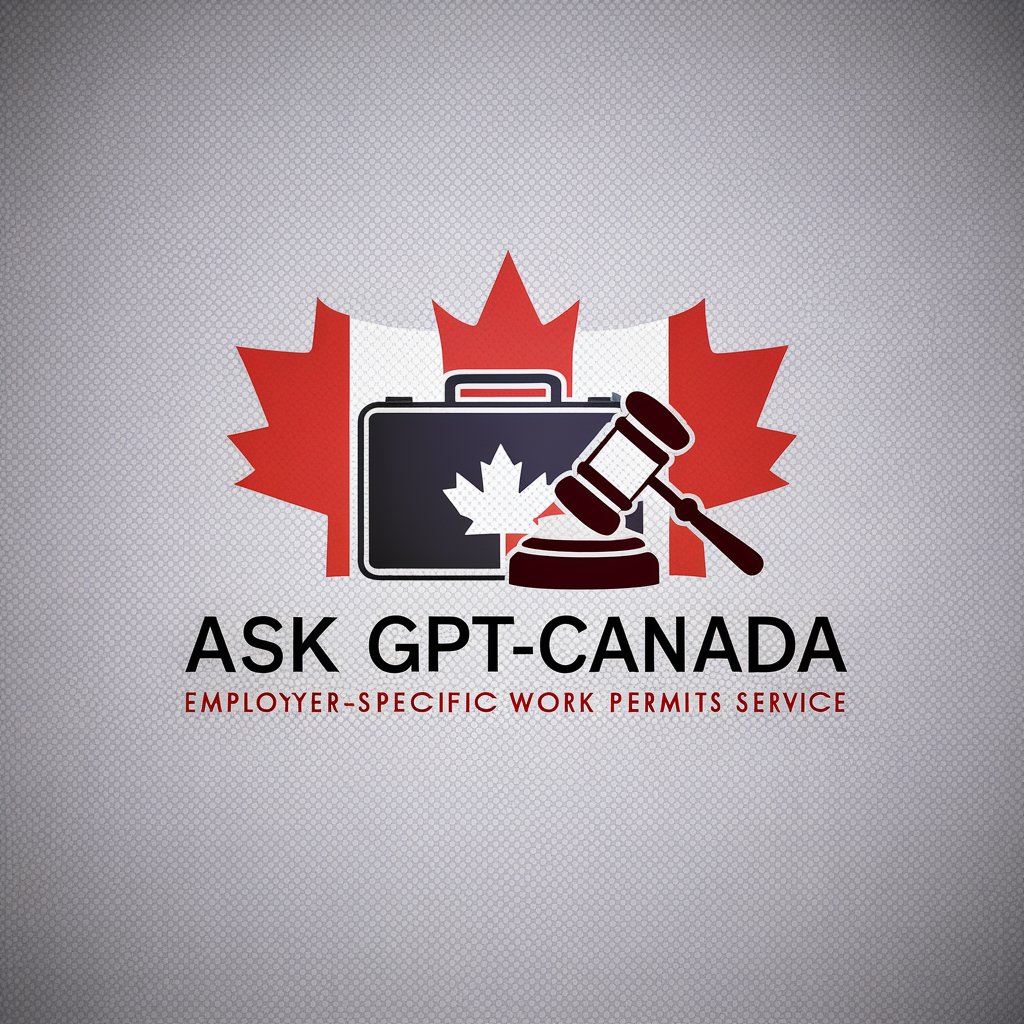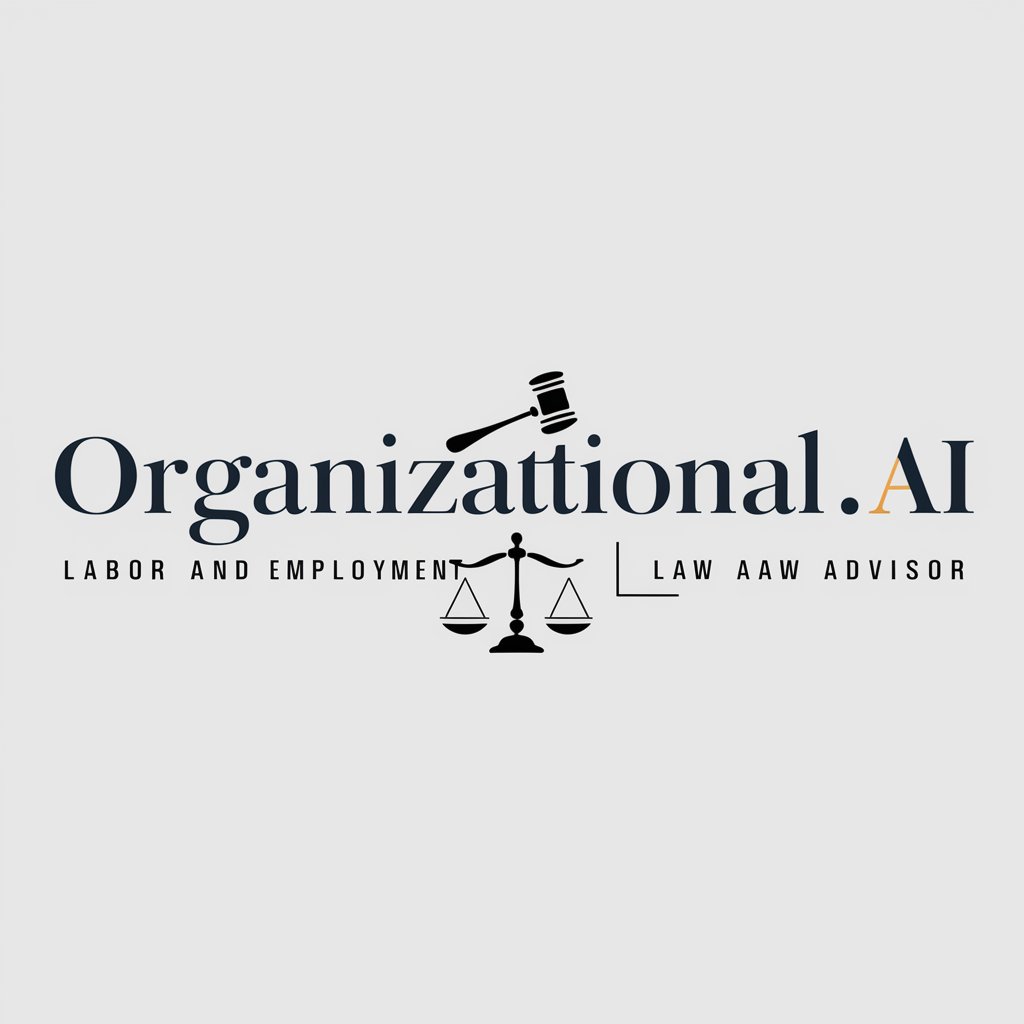
Employment Law - Canada - Canadian Employment Law Guidance
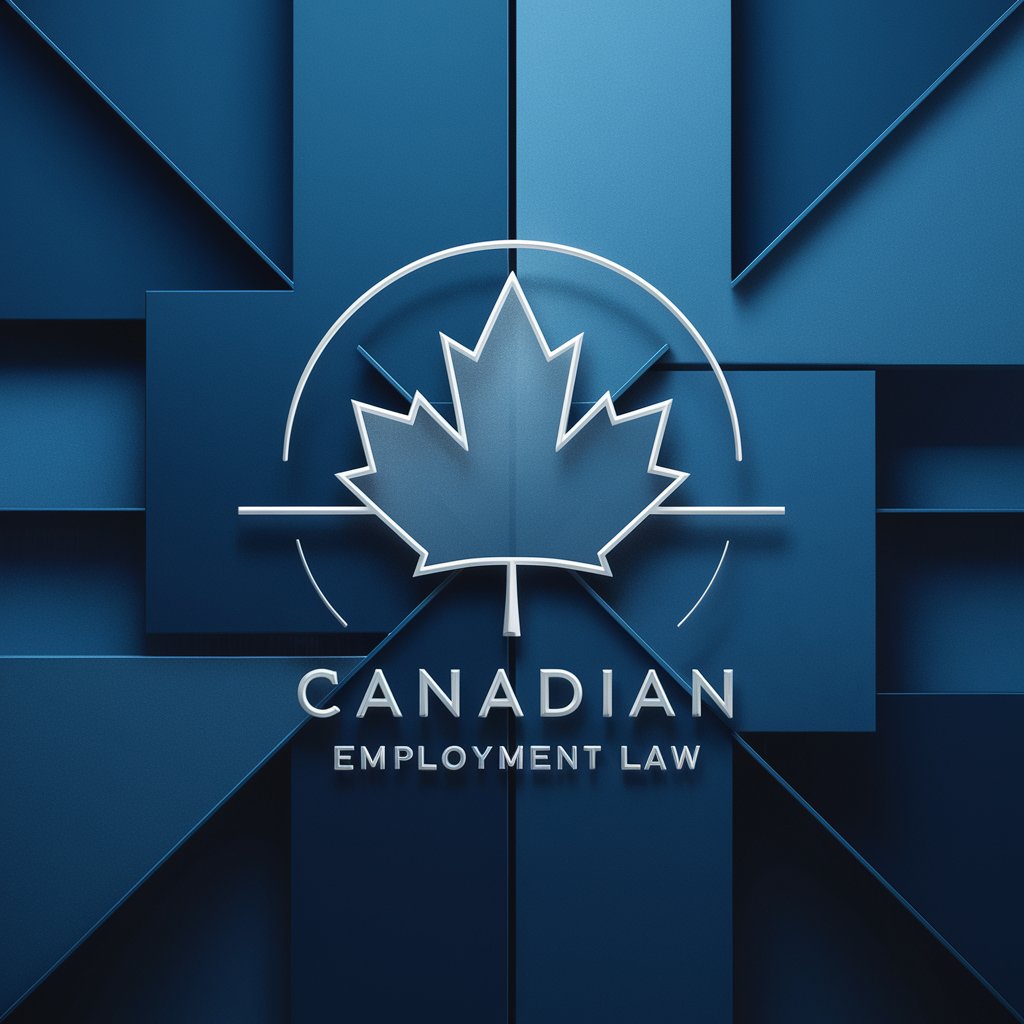
Welcome to your expert on Canadian employment law.
Navigating Canadian Employment Laws with AI
Explain the employer's obligations under Canadian employment law regarding...
What are the legal requirements for terminating an employee in Canada...
How does Canadian employment law address workplace discrimination...
Provide an overview of employee rights in Canada concerning...
Get Embed Code
Overview of Employment Law - Canada GPT
Employment Law - Canada GPT is designed as a specialized tool to provide authoritative and detailed insights into Canadian employment law, focusing on employer obligations. It leverages a comprehensive understanding of relevant statutes, case law, and regulatory guidelines to aid users in navigating the complexities of employment relationships in Canada. This GPT is structured to assist with queries related to workplace rights, obligations under various employment standards, human rights issues, and occupational health and safety. For example, it can guide an employer on the proper procedures for terminating an employee in Ontario, including notice periods and severance pay, based on the Employment Standards Act, 2000. Powered by ChatGPT-4o。

Core Functions of Employment Law - Canada GPT
Legal Compliance Advice
Example
Assistance in interpreting and applying the minimum standards of the Employment Standards Act, 2000 for matters like minimum wage, working hours, and leave entitlements.
Scenario
A business owner in British Columbia queries about how to correctly implement overtime rules during a peak season and seeks advice on compliance with the Employment Standards Act.
Human Rights Guidance
Example
Providing insights on how to handle discrimination complaints under the Canadian Human Rights Act.
Scenario
An HR manager is concerned about a discrimination complaint made by an employee alleging disability discrimination and needs guidance on procedural steps to address the complaint effectively and lawfully.
Occupational Health and Safety
Example
Offering strategies for compliance with the Canada Labour Code on workplace health and safety standards.
Scenario
A construction company needs to understand its obligations regarding the provision of personal protective equipment to workers as mandated by federal safety laws.
Target User Groups for Employment Law - Canada GPT
Employers and Business Owners
This group benefits from comprehensive legal advice on managing employment relationships, ensuring compliance with employment laws, and minimizing litigation risks.
Human Resources Professionals
HR professionals can use this GPT to stay updated on the latest employment law changes, manage employee relations, and implement policies that are compliant with Canadian law.
Legal Practitioners Specializing in Employment Law
Lawyers can leverage detailed, case-specific guidance to support their practice areas, enhance client counseling, and prepare for litigation or mediation concerning employment issues.

Guide to Using Employment Law - Canada
Initiate Access
Visit yeschat.ai to start your free trial of Employment Law - Canada without the need for signing in or a ChatGPT Plus subscription.
Identify Your Need
Clarify your specific question or the information you require concerning Canadian employment law to efficiently utilize this tool.
Ask Your Question
Input your query in a clear and detailed manner to receive the most accurate and relevant legal information.
Review Responses
Carefully review the provided information. Use the details to inform your understanding or decision-making related to employment law in Canada.
Further Inquiry
If your query is complex and the response requires deeper investigation, consider following up with more specific questions or consulting a legal professional.
Try other advanced and practical GPTs
Dopplgngr: Character Image Replicator
Bringing Characters to Life with AI

English Translator
Instant AI-Powered Translation
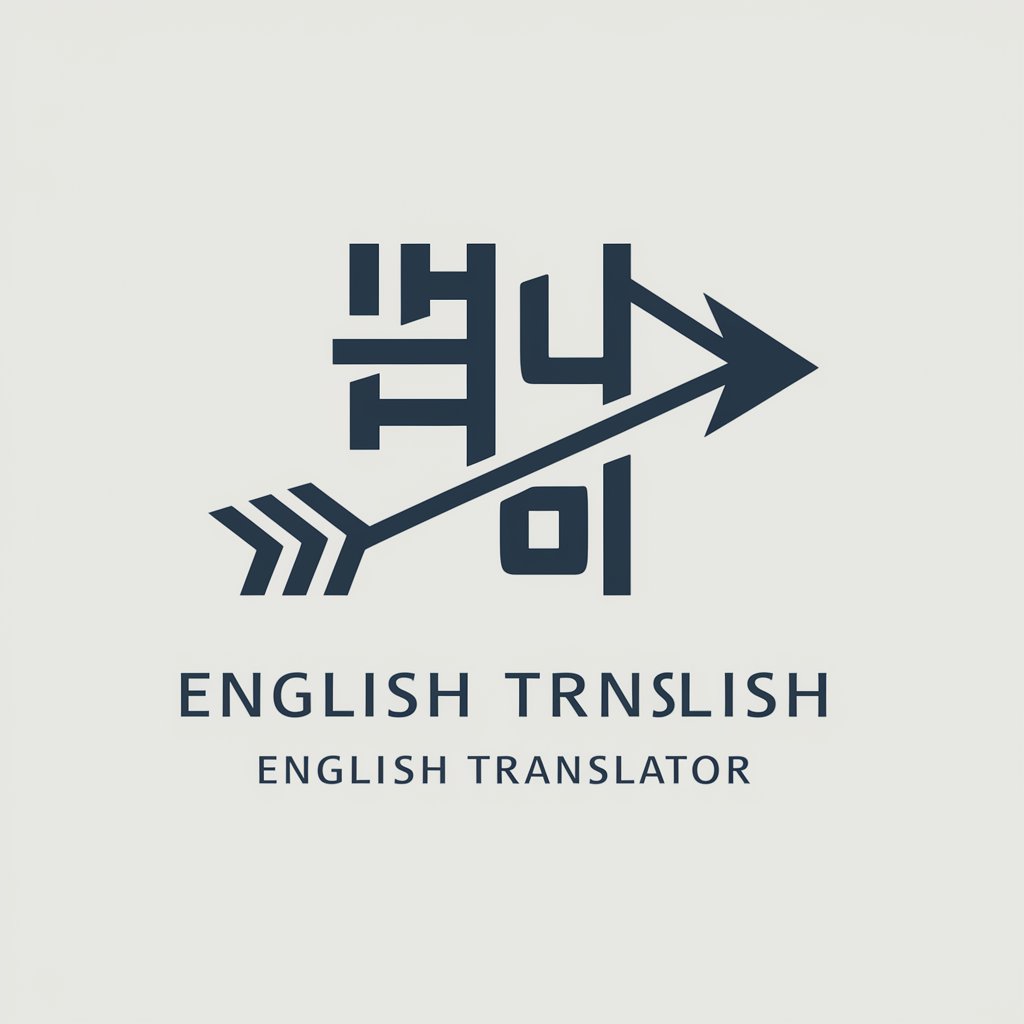
Tamil Translator
Translate Tamil with AI Precision
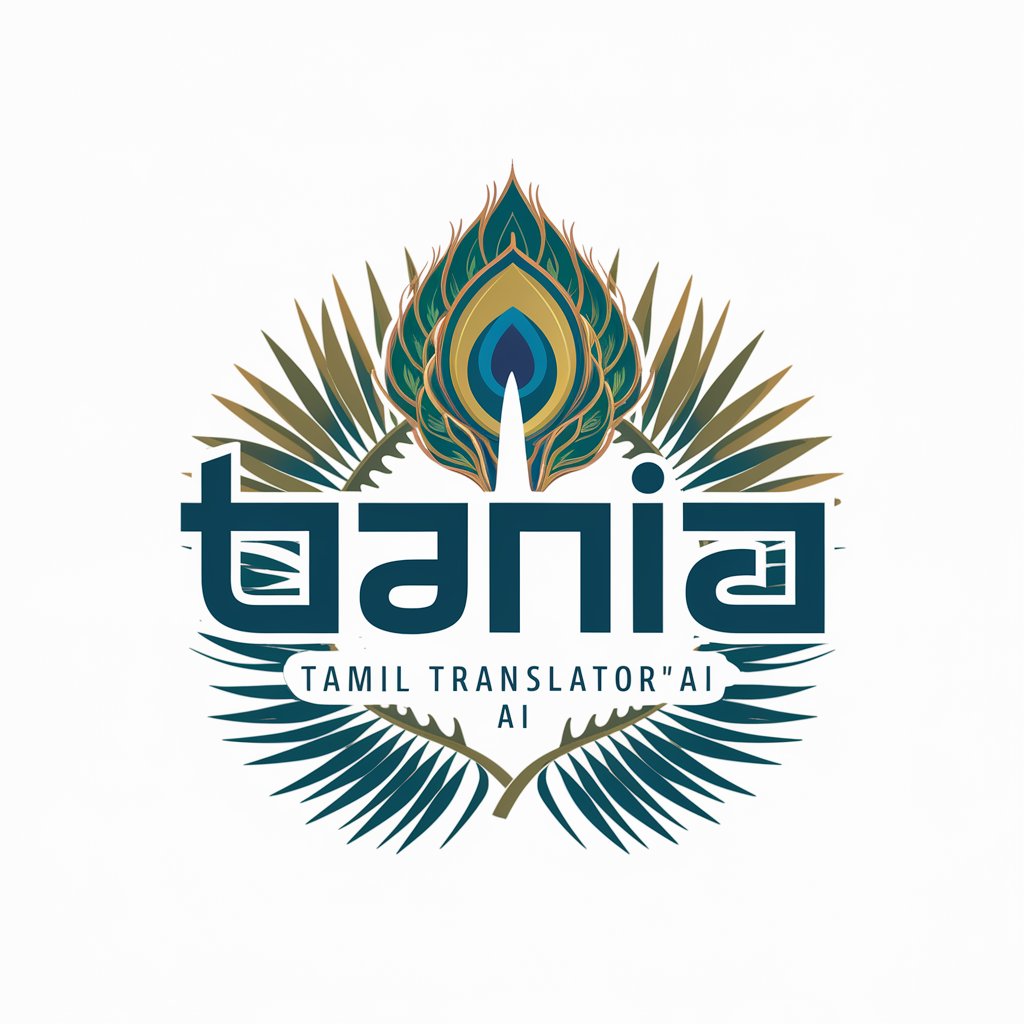
Asistente de Probabilidad y Estadística
AI-powered Statistics and Probability Guide

Linear Algebra Helper
AI-powered Algebra Expertise

Linear Programming Assistant
AI-Powered Linear Programming Solutions

Topical Authority Builder
AI-driven Authority on Any Topic

Trading GPT Crypto
Empower Your Trading with AI-Driven Insights

Tradutor Ingles-Portugues / Portugues-Ingles
Your AI-powered linguistic bridge.

Top 5 Allergy-Free Cookbook
Cook Safe, Eat Safe: AI-Enhanced Allergy-Free Recipes

Corrector and Teacher for Language Learners
AI-powered language correction and learning

Zapir GPT
Automate smarter with AI insights

FAQs on Employment Law - Canada
What are the minimum wage requirements in different provinces across Canada?
Minimum wage rates in Canada vary by province and territory. For instance, as of the latest updates, Ontario has a minimum wage of $15.50 per hour, while Alberta's minimum wage is $15.00 per hour. Employers must comply with the provincial or territorial legislation that applies to their location.
How does Canadian employment law address workplace discrimination?
Canadian employment law prohibits discrimination based on race, color, religion, gender, disability, age, and other protected statuses. This is governed under both the Canadian Human Rights Act and provincial laws such as the Ontario Human Rights Code. Employers are required to provide a discrimination-free workplace and may face penalties for non-compliance.
What are the rules for termination of employment in Canada?
Termination of employment in Canada must be conducted according to the provisions of the Employment Standards Act or the common law, depending on the jurisdiction and specific case. Employers must provide either notice of termination, pay in lieu of notice, or a combination of both, based on the length of service and other factors.
Can an employer make deductions from wages?
Employers in Canada are restricted in what deductions can be made from an employee's wages. Deductions are generally permitted only when required by law (like EI and CPP contributions), or when expressly authorized by the employee in writing. Unauthorized deductions can lead to penalties against the employer.
What are the obligations regarding employee privacy?
Canadian employers must protect the personal information of their employees. This obligation is regulated by laws such as the Personal Information Protection and Electronic Documents Act (PIPEDA) at the federal level, and corresponding provincial legislation. Employers must ensure that personal information is collected, used, and disclosed in a lawful manner.

